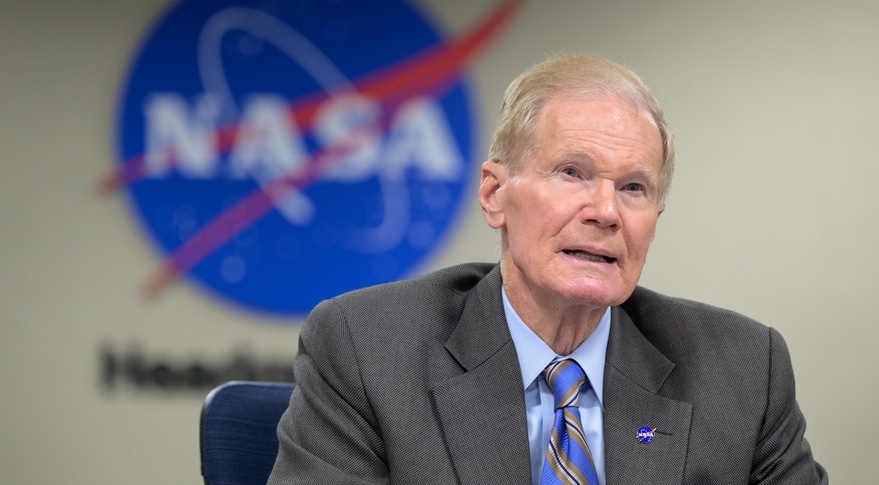WASHINGTON — Congress has passed the first NASA authorization bill in more than five years, formally extending operations of the International Space Station and backing NASA’s Artemis exploration effort.
The House passed on a 243–187 vote July 28 the “Creating Helpful Incentives to Produce Semiconductors (CHIPS) and Science Act,” a day after the Senate passed the bill on a 64–33 vote. President Biden has stated he supports the bill and will sign it into law.
The bill was primarily a vehicle for supporting domestic manufacturing of semiconductors, but one portion of the bill included NASA authorization legislation. That portion, released last week, extends NASA’s authorization to operate the ISS from 2024 to 2030. It also formally authorizes a “Moon to Mars Program” that includes the Artemis campaign of lunar missions and eventual human missions to Mars.
The bill will be the first NASA authorization act to become law since the NASA Transition Authorization Act of 2017 in March 2017. That, in turn, was the first NASA authorization act enacted since 2010. In the last five years, there have been several attempts at new NASA authorization bills, including versions that passed one branch of Congress but not both.
NASA Administrator Bill Nelson, who as a senator worked on several NASA authorization bills, welcomed the new bill. “This act shows continued bipartisan support of NASA’s many missions, including our Moon to Mars approach, as well extension of U.S. participation in the International Space Station to 2030,” he said in a statement.
Industry groups also backed the bill. “It is encouraging to see Congress prioritize the enhancement of NASA technology, infrastructure, and workforce in this legislation, while also authorizing key programs including Artemis, ISS extension, sustainable aviation x-plane demonstrators, space nuclear systems, and a wide range of science missions,” said Eric Fanning, president and chief executive of the Aerospace Industries Association, in a July 27 statement after the Senate’s passage of the act.
“I am thrilled to have helped craft and secure the first NASA authorization in five years,” Rep. Don Beyer (D-Va.), chair of the House space subcommittee, said in a statement after the House passed the bill. “This bill is a big win for space policy, the U.S. space program and NASA.”
Nelson, in his statement, thanked several members of Congress of both parties for their work on the NASA portion of the CHIPS and Science Act. However, some of the Republicans he thanked voted against the final bill.
Among them was Rep. Frank Lucas (R-Okla.), ranking member of the House Science Committee. In comments on the House floor, he said he was voting against the bill because of efforts by Senate Democrats, announced only after the Senate passed the act, to move ahead with a separate bill through the budget reconciliation process.
“For better or for worse — and it’s very clearly for the worse — the CHIPS and Science Act has been irrevocably tied to a massive tax hike and spending spree in reconciliation,” he said in his speech, announcing his intent to vote against the bill, but added that his decision “is in no way a reflection of my feelings about the transformational research policies in this bill.”
In the House, 24 Republicans voted for the CHIPS and Science Act, joining all the House Democrats but one who voted “present.”
